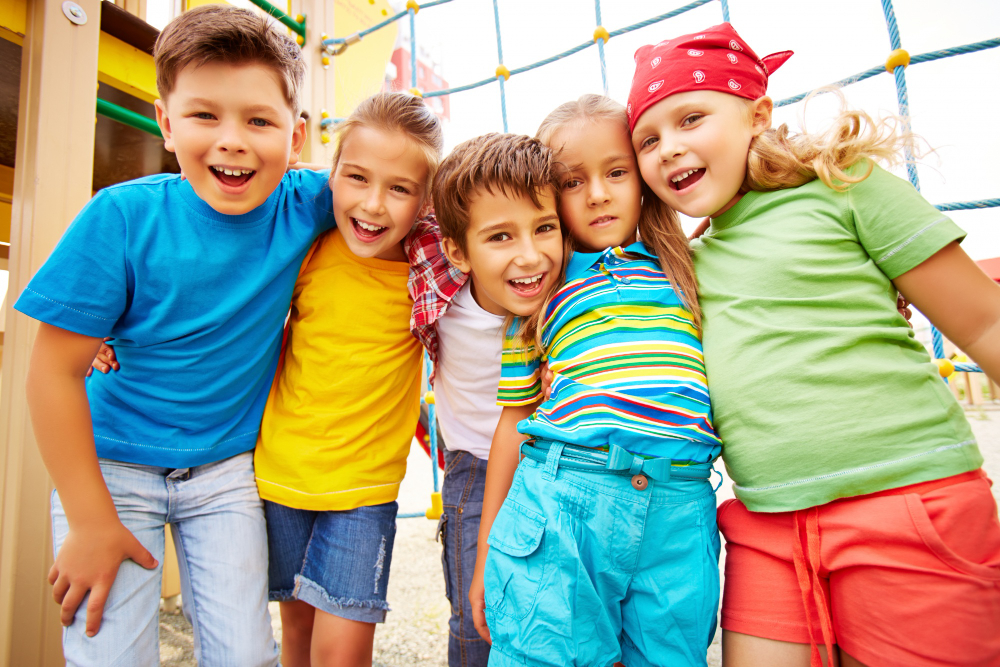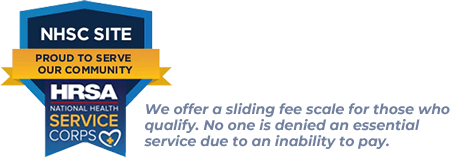Home » Treatment Outcomes

It is estimated that one in five children and adolescents in the United States—about 10 to 15 million children—has a mental disorder that interferes with their daily functioning at any given time. Yet fewer than twenty percent of these children receive the mental health services they need; an estimated 90 percent of children who commit suicide have a mental disorder. Fortunately, effective treatment is available for children affected by a mental disorder.
CenterPointe’s guiding mission is to provide behavioral and mental healthcare services that support children and their families, while teaching practical skills that will allow children to function as independently as possible.
CenterPointe continually monitors the effectiveness of our programs through clinical outcomes, and the successes reflected by our statistics confirm that effective treatment is available—and accessible to families throughout the Treasure Valley.
When we refer to an improvement in a child’s behavior, we do not mean that the child will never have behavioral or emotional issues again. As children go through different developmental stages, new issues can arise. But children who have learned skills for managing their behaviors and mental disorders are much better equipped to handle issues that may arise in future developmental stages.

This study also found that CenterPointe’s Psychosocial Rehabilitation (PSR) program exhibited a low dropout rate of 35% as compared to the typical dropout rate for children’s outpatient mental health services, which generally ranges from 40 to 60 percent. (Kazdin, A.E., Holland, L., & Crowley, M. 1997)
For employees only. Download PDF documents and forms. Go there
Address:
915 Park Centre Way, Suite 7
Nampa, ID 83651
Phone: (208) 442-7791
Fax: (208) 442-7792
